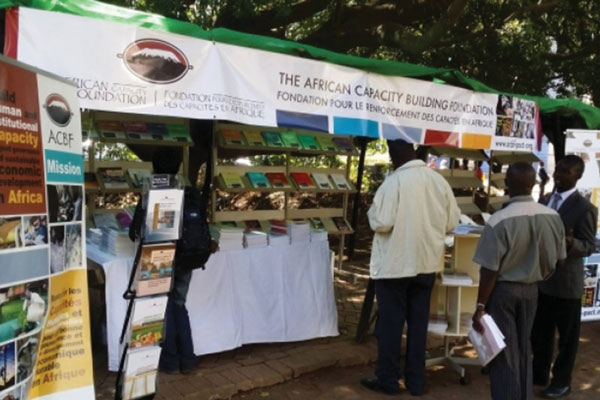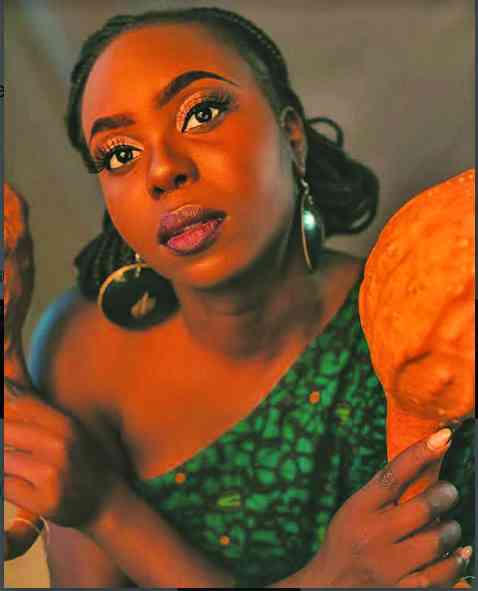
LAST week would have been eventful as far as literature is concerned, as it was the time that the Zimbabwe International Book Fair (ZIBF) is traditionally held.
Between the Lines: Beniah Munengwa

However, just like other significant events including the Ammartia Ignite Show and the Chibuku Road to Fame, it had to be shelved due to the cholera epidemic that has ravaged Zimbabwe in recent weeks, claiming 49 lives.
In a circular email sent out by ZIBF interim chair, Jasper Maenzanise said: “…we wish to advise that due to health considerations and the subsequent hold placed on all public gatherings, the 2018 Book Fair indaba and exhibition has been deferred until further notice.”
But just as other forms of art, literature can be used to conscientise the masses. It has the capacity to expand and grow beyond the confines of mere paper talk. As the theme suggests, The Book: Creating the Future! so should be the practicality of paper scribe and caricature.
History has strong cases where literature has been used to effectively transform human thoughts and deeds, from two fronts: one which holds power and one which is subject to power.
Ngugi wa Thiong’o’s I Will Marry When I Want is a case in point. It takes us to days when writers were active participants, whose primary role was to transform a people’s way of life for the better.
The desired result of such acts of courage was usually the transition of mainly African leadership to be that which is transcendent to a new wave that has no space for the corrupt shortchanging of man’s fortune. Man was supposed to get his claim to land, to health, to safety and to freedom.
- Chamisa under fire over US$120K donation
- Mavhunga puts DeMbare into Chibuku quarterfinals
- Pension funds bet on Cabora Bassa oilfields
- Councils defy govt fire tender directive
Keep Reading
My argument can easily be dismissed as a banal claim that seeks to suggest that literature has played no part in championing for a better society. But it is not as it seems. Adverts and pamphlets are pieces of art, so are cartoons and plays that inform, educate satirise and evoke feelings that drive people towards change.
But the unfortunate part is that they tend to be short-lived stints that cannot be kept relevant in times beyond the pandemic and beyond their sponsored periods.
Literature leaves room for dialogue in one’s mind, unlike futile banking methods that come with pamphlets and radio adverts.
A writer has more ways they can employ to achieve progression for their people as preventive measures so that they can be cushioned against the occurrence of phenomena like starvation, disempowerment, stagnation and 19th century diseases.
The writer can help steer the projection of nation building slants as a watchdog. But in times like these, when pandemics are on a severe recurring stint, writers too can be helpful in getting people to adapt to their dangerous positions of surviving through diseases and through conflict.
Writers were active in setting up people’s processes of adapting to the HIV and Aids pandemic as they stressed, through writing, the importance of preventative measures and encouraging society that the onset of the disease needed not spell a death sentence.
Today, literature can still be used to teach people hygienic methods critical to avoid cholera and increase chances of their survival once they get in contact with the virus. But my call is not meant to encourage thematically-infested literature that has no space for creativity.
The essence of washing hands, being extra-hygienic and disposing trash and safely can be imparted into people by incorporating such messages as themes in literary forms such as poetry, drama, spoken word and novels.
But all these traditional formal literally outlets no longer have the kind of grip that they used to have on society. Instead it is the colloquially formulated novels that are circulating and making waves on social media that are getting significant attention.
With that realisation in mind, it might be time to embrace this form of literature rather than dismiss it as mere popular culture because it can be a carrier of messages that help equip people with the power to evade death by diseases such as cholera and malaria.
While the ZIBF has been postponed, this must not imply that the book spirit is in the emergency room. Instead writers and readers should be on the lookout and on the hook and niche to keep the literary fire burning in more ways than one. It is you who knows what else literature can do.
Beniah Munengwa writes in his own capacity. He can be contacted on [email protected]











